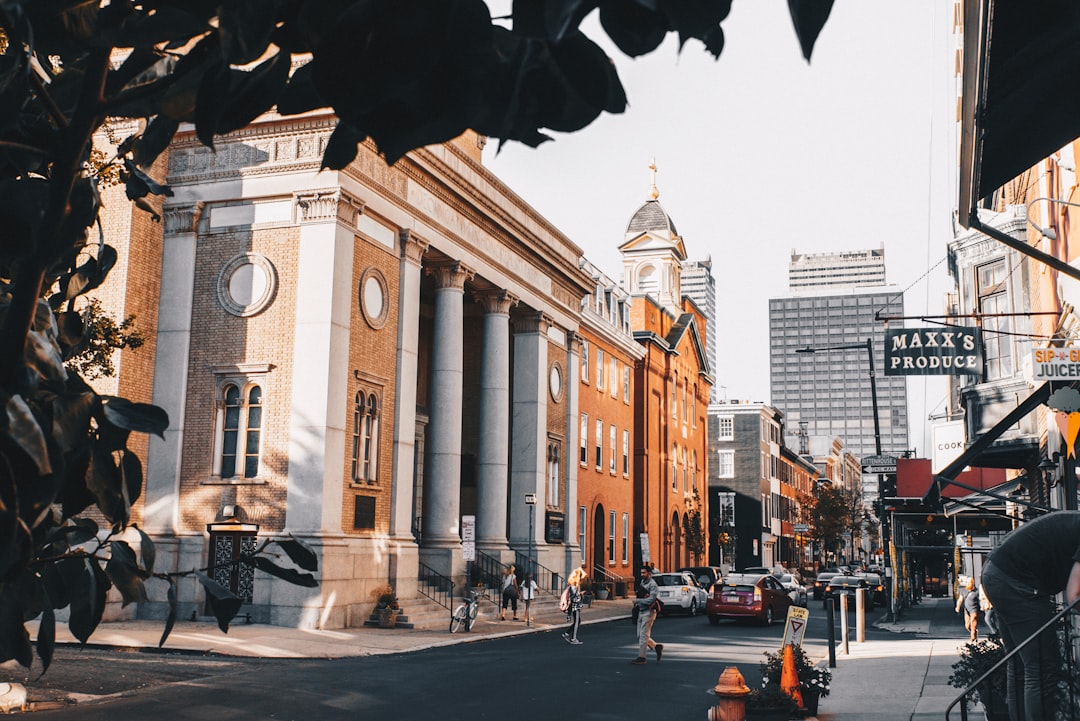Philadelphia's community gardens, while fostering connections and green spaces, face legal challenges under the Telephone Consumer Protection Act (TCPA) due to automated notifications. To avoid violations and protect privacy, garden organizations should consult Unwanted Call Lawyers Philadelphia or Unwanted Call Attorneys Philadelphia from reputable Unwanted Call Law Firms Philly. By implementing centralized sign-up systems, appointing TCPA-compliant point persons, and providing training, gardens can maintain effective communication while adhering to regulations. For those facing unwanted calls in Philadelphia, consulting with a dedicated lawyer for Unwanted Call Philadelphia is crucial to protecting privacy rights.
“Discover how Byberry is transforming community garden practices in Philadelphia through TCPA (Telemarketing Consumer Protection Act) compliance. With an increasing number of urban gardens sprouting up across the city, understanding the legal implications of communication with members is vital. This article explores why an Unwanted Call Lawyer in Philadelphia is essential for navigating the complex world of the TCPA. From ensuring fair practices to fostering a harmonious gardening community, learn how legal expertise can keep your garden thriving without unwanted calls.”
Understanding TCPA and Its Relevance to Community Gardens in Philadelphia

In Philadelphia, community gardens thrive as vibrant spaces where neighbors connect and cultivate green oases amidst urban landscapes. However, these bustling hubs can also face legal complexities, particularly regarding the Telephone Consumer Protection Act (TCPA). The TCPA, a federal law designed to curb unwanted calls and texts, has significant implications for organizations like community gardens. While it protects residents from intrusive marketing calls, its provisions can sometimes catch non-profit groups off guard.
Community gardens, despite their benevolent nature, may inadvertently engage in practices that trigger TCPA violations. For instance, using automated phone systems to notify volunteers or promote events could be seen as unsolicited telecommunications. Philadelphia’s growing community garden network, therefore, needs to be aware of its legal obligations and seek guidance from experienced legal professionals like unwanted call lawyers or attorneys in Philly who specialize in TCPA compliance. Engaging such experts ensures that these beloved local resources can continue their vital work without unwittingly facing legal repercussions.
The Role of a Byberry Unwanted Call Lawyer in Ensuring Compliance

Strategies for Maintaining Compliant Communication with Garden Members

Maintaining communication within a community garden while adhering to TCPA (Telemarketing Consumer Protection Act) regulations can seem like a delicate balance, especially with strict rules around unwanted calls. To ensure compliance, consider implementing simple yet effective strategies that foster open dialogue without crossing legal boundaries. One approach is to create a centralized sign-up system for all garden-related communications, allowing members to choose their preferred methods—email, text, or phone calls—and opt out at any time. This proactive measure reduces the risk of accidental TCPA violations by giving members control over how they receive updates and announcements.
Additionally, appointing a dedicated point person responsible for managing communication can be beneficial. This individual should be well-versed in TCPA compliance and capable of addressing any member concerns or questions regarding unwanted calls. Regular training sessions and workshops can help educate both the assigned person and other garden members about their rights and responsibilities under the Act. By fostering a culture of awareness, Byberry community gardens can ensure ongoing compliance, maintain positive relationships with members, and avoid potential legal issues that may arise from unwanted call lawyers or attorneys in Philadelphia.






